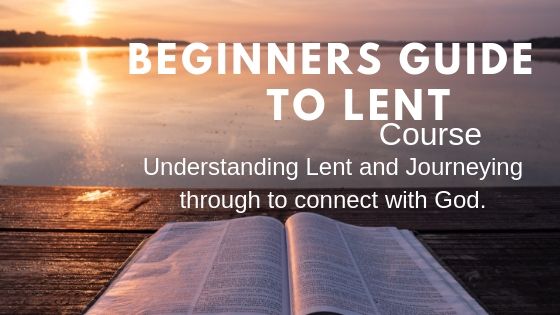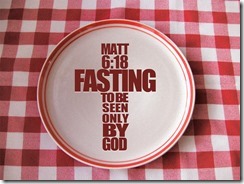When we ask that question what we are wanting to know is, is Lent a practise that Jesus said we must do?
The bottom line is no. Nowhere in the bible do we find Jesus instructing us to follow Lent.
So, why then would we take part in the practise?
Lent generally is a time for followers of Jesus to reflect, repent, pray, fast and give. These are part of what we may call spiritual disciplines. Commonly Lent is held by those in the Catholic, Anglican, or Lutheran-influenced Christian traditions and many of the different Christian traditions observe it in different ways.
Someone who opposes Lent may say “Lent is just a tradition created by man.” That would be a correct statement. However, it is a tradition with the intent to make disciples. The core of it is to point people to Jesus. It is not a salvation issue or maturity meter.
Jesus said, “teach them to obey my commands.”
Yes, Jesus did not say you should practise Lent. However, I have come to see Lent as a system that could help us accomplish the mission of Jesus. Yes in many circles perhaps we have not used it to its full potential. For some, they have not had good experiences with Lent, but when I look at Lent, I see connections to growing our own faith and other’s.
One may ask, “but are not the spiritual disciples we find in Lent part of our regular routine of following Jesus?”
The quick answer is yes. However like Jesus taking a 40 day time of fasting, there is value in a focused set time of seeking Jesus.
My experience has shown me that Lent can be this great set time of discipleship to help people align their life with Jesus. Like when building muscle you need to stress the muscle then release it and let it rest. Lent can serve as a time to focus and to stress the muscle of faith in order to build it. So Lent can be used to build the foundations of good habits/spiritual disciplines that are to be part of one’s life.
Is Lent instructed by Jesus to do? No, it is not.
Is Lent useful in discipleship? I believe it can be.
Do you have to practise Lent? No, you do not.
Can Lent serve as an avenue to build spiritual muscle? Yes.







 mortality, our sin and how the gospel is the only answer.
mortality, our sin and how the gospel is the only answer.